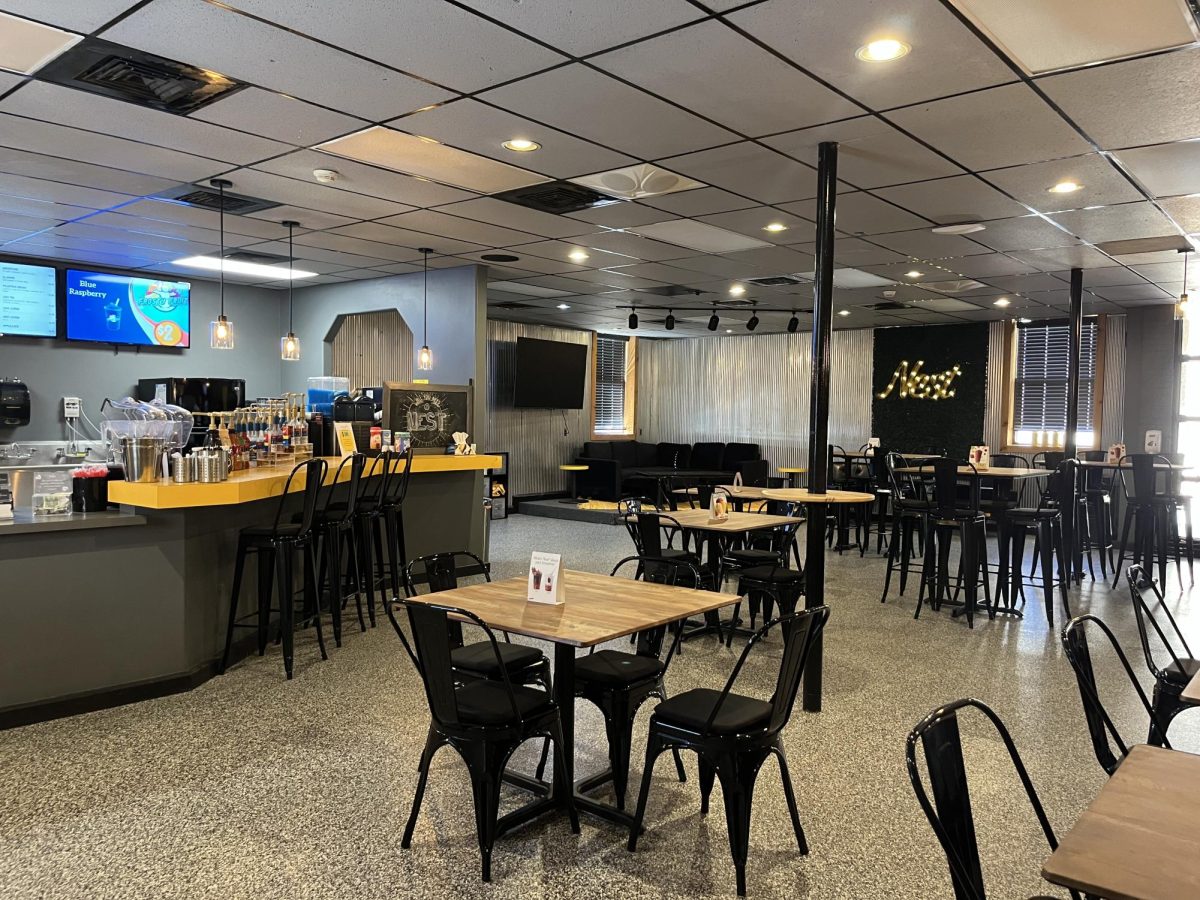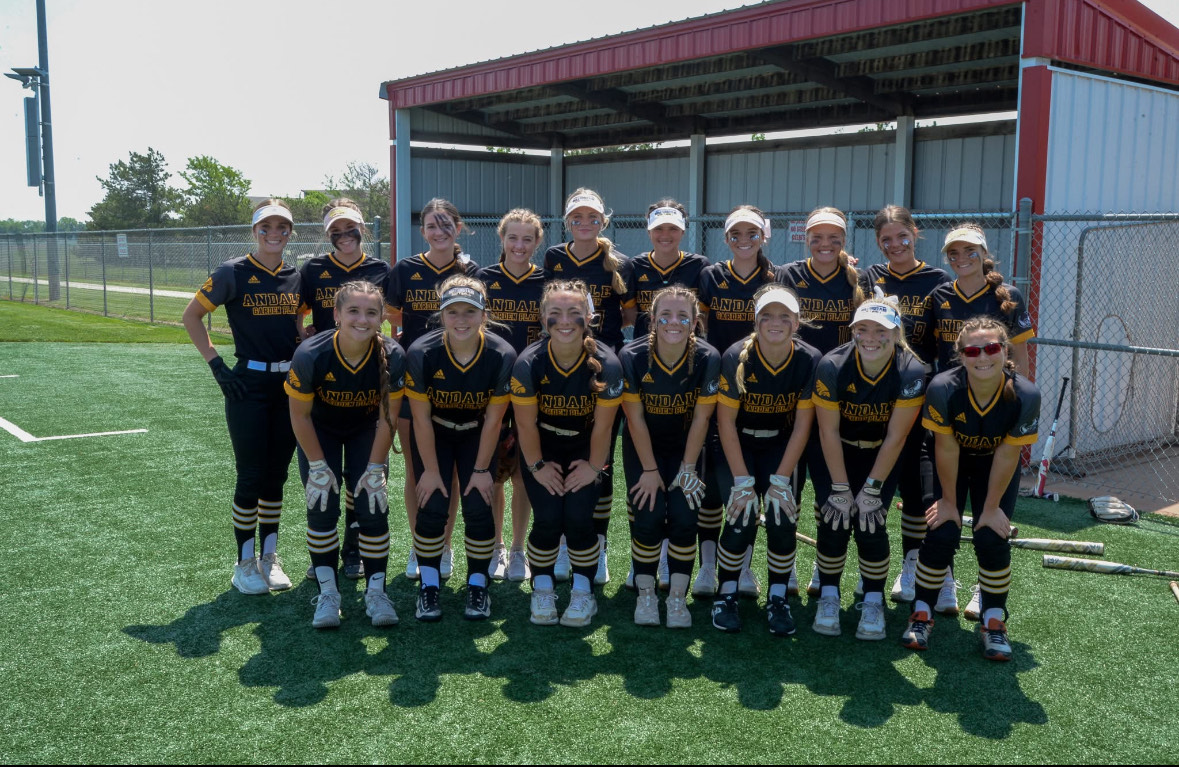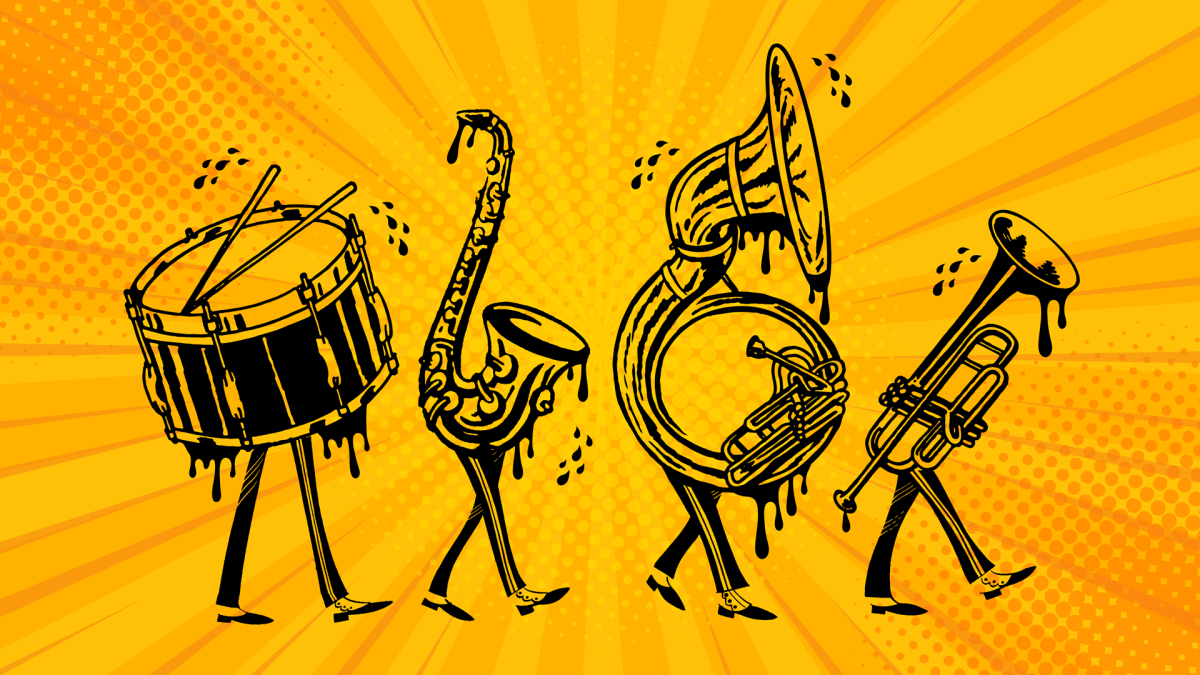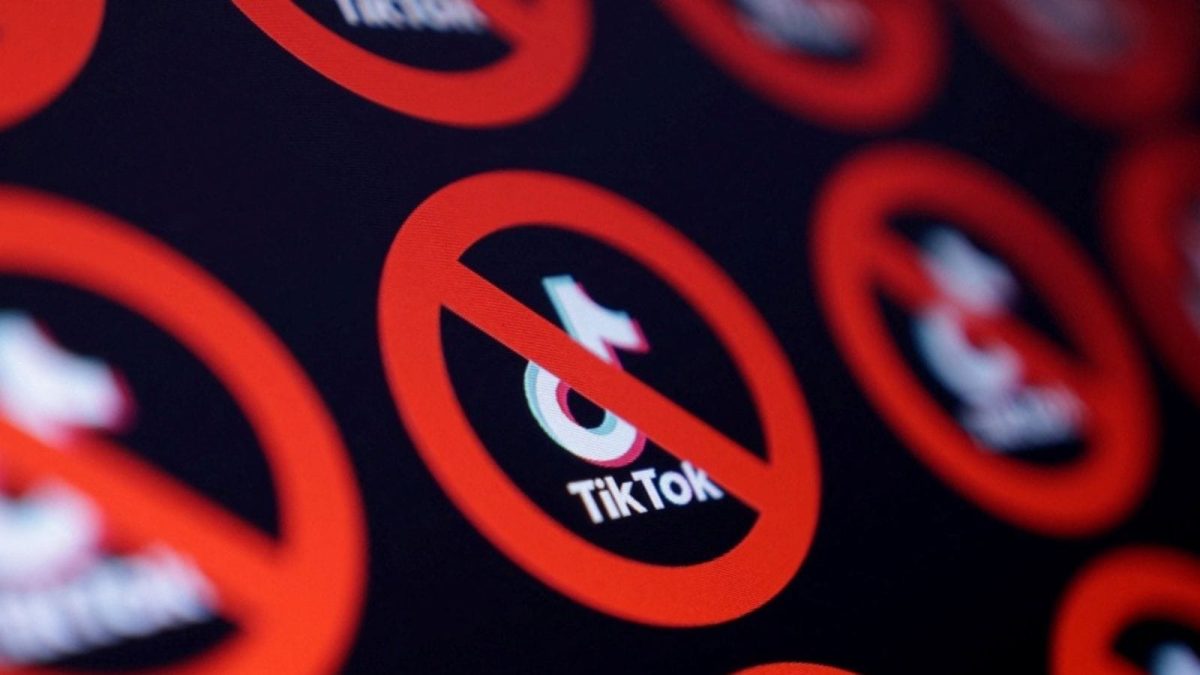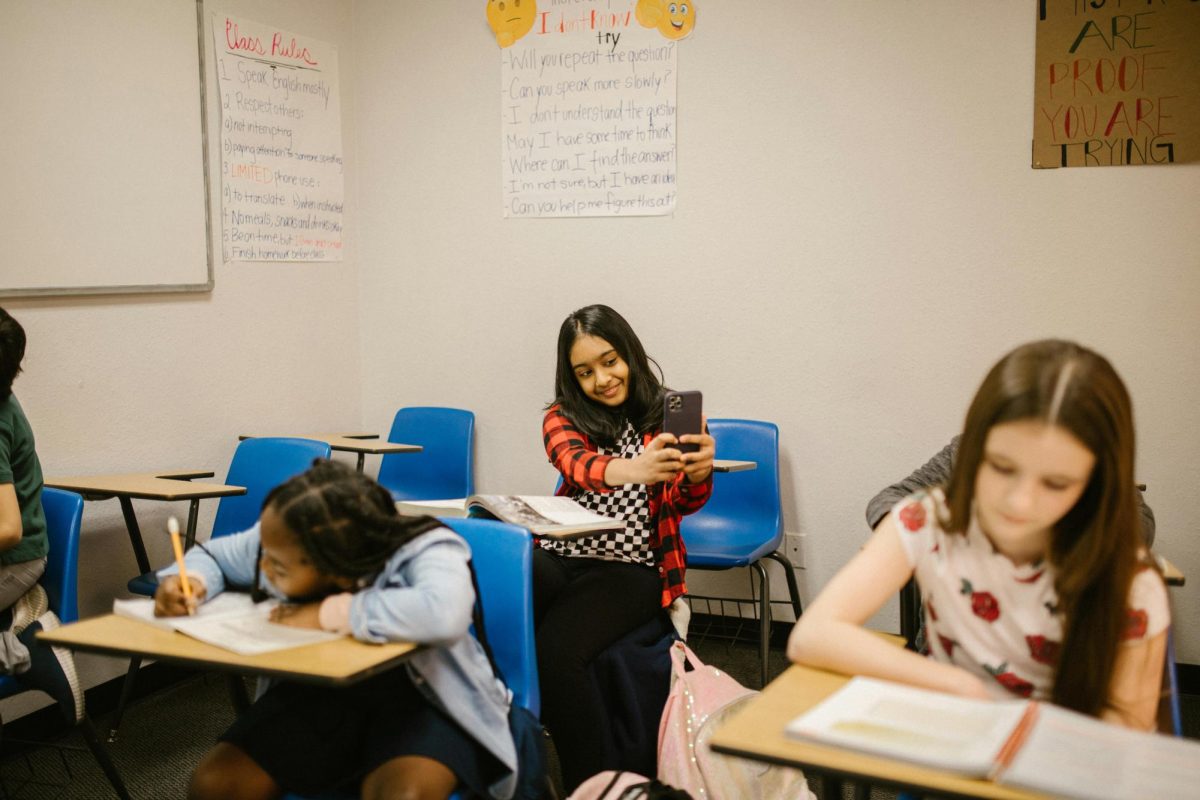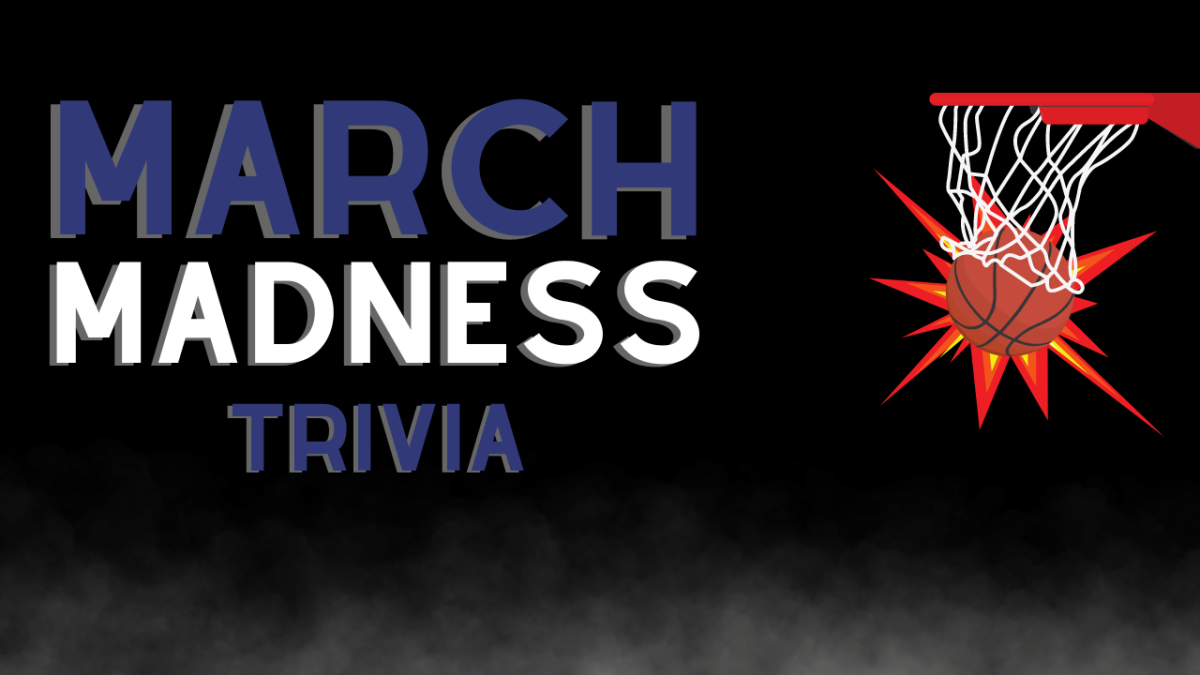In the age of technology, social media platforms have become essential parts of our everyday lives, connecting us with friends, family, and the world. While these platforms offer numerous benefits, they also present a numerous amount of problems and challenges. Let’s dive into the pros and cons of social media to better understand the impact it has on us.
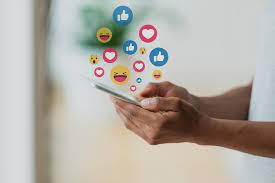
Pros: Social media connects geographical gaps, allowing people to stay connected regardless of distance. It enables real-time communication, creating relationships and making the exchange of ideas easier. Social media platforms serve as hubs for sharing news, information, and resources. Users can access a vast array of content, staying informed about current events, trends, and developments in different places. Professionals and businesses use social media for advertising and promotion. Platforms like LinkedIn provide people with different jobs they might not know about and give information about companies they could work for. Social media empowers individuals to express themselves creatively through photos, videos, artwork, and other content. Users can also showcase their talents, share their passions, and engage with like-minded communities. Many educational institutions and experts utilize social media to spread knowledge and educational resources. Platforms offer tutorials, online courses, educational content, and gives more people access to learning opportunities.
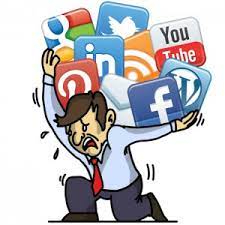
Cons: Social media platforms often collect vast amounts of user data, raising concerns about privacy and data security. Users may accidentally share personal information or become victims of data breaches or identity theft. The anonymity and accessibility of social media can amplify cyberbullying, harassment, and online abuse. Negative interactions can have harmful effects on mental health and well-being. Excessive use of social media can lead to addiction and subtract from productivity and real-life interactions. Users might find themselves spending hours scrolling through feeds, putting off other responsibilities and activities. Social media platforms are susceptible to the spread of misinformation, rumors, and fake news. False information can multiply rapidly, leading to misunderstandings and confusion. The curated nature of social media feeds can supply people feelings of inadequacy, as users compare their lives to idealized representations of others. This phenomenon, known as “social media envy” or “FOMO” (fear of missing out.) Both social media envy and FOMO can contribute to anxiety and low self-esteem.
While social media offers undeniable benefits in terms of connectivity, information sharing, and creative expression, it also adds significant challenges related to privacy, cyberbullying, addiction, misinformation, and comparison. To get the positive aspects of social media while trying to get rid of its negative impacts, users must approach social media with an open mind and remember to use self-regulation, and responsible online behavior. By finding a balance and using social media the right way, individuals can create meaningful connections, stay informed, and navigate the digital landscape with confidence.





